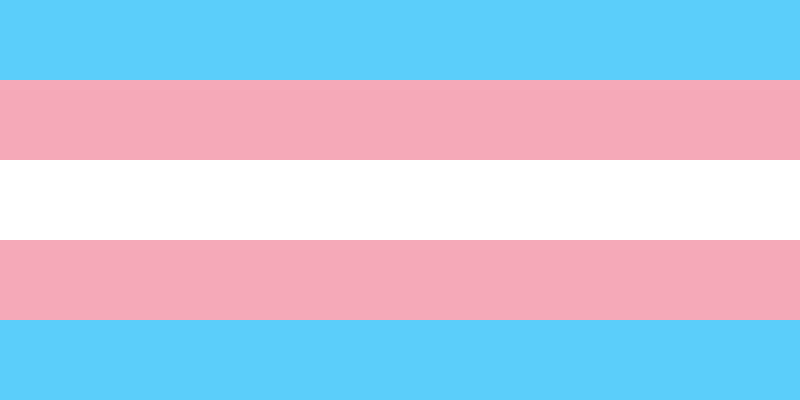Incarnation
/And the word was made flesh, and dwelt among us - John 1:14
The Christian assertion that God became human flesh is unique among religions. What could it possibly mean? Christians make an impossible assertion that Christ was both fully human and fully divine - it's a conundrum - a koan. If taken on an intellectual level, it is an unresolvable thesis - because it makes no sense! We celebrate the mystery of Christ's incarnation during this season of Christmas. The word made flesh.
The incarnation has something to do with God's closeness to us - God being not only with us, but also like us - and also among us. God is so close to us that we say that the church (the people, not the building) is the body of Christ. The incarnation is not limited to one baby 2000 years ago. Christ is incarnated in us. Like Mary, we bear Christ into the world, and as he was of her, Christ is somehow of our own flesh.
This is not the kind of thing a manual can explain clearly. It's more the stuff of poetry - like the beautiful creation hymn of John 1, which describes a great and glorious mystery of our incarnational faith, and which gives us words to ponder in our hearts.
As you ponder what the incarnation might mean to you this Christmas season, I offer the famous medieval quote of Therese of Avila for further reflection:
Christ has no body now but yours. No hands, no feet on earth but yours. Yours are the eyes through which he looks compassion on this world. Yours are the feet with which he walks to do good. Yours are the hands through which he blesses all the world. Yours are the hands, yours are the feet, yours are the eyes, you are his body. Christ has no body now on earth but yours.
Christmas blessings to you and yours - all the 12 days long! Come enjoy our Christmas Lessons and Carols service this Sunday at 10, and we'll finish up Christmas and welcome Epiphany on Jan 7 when we have our fun 3 Kings Pickup Pageant - no rehearsals necessary.









